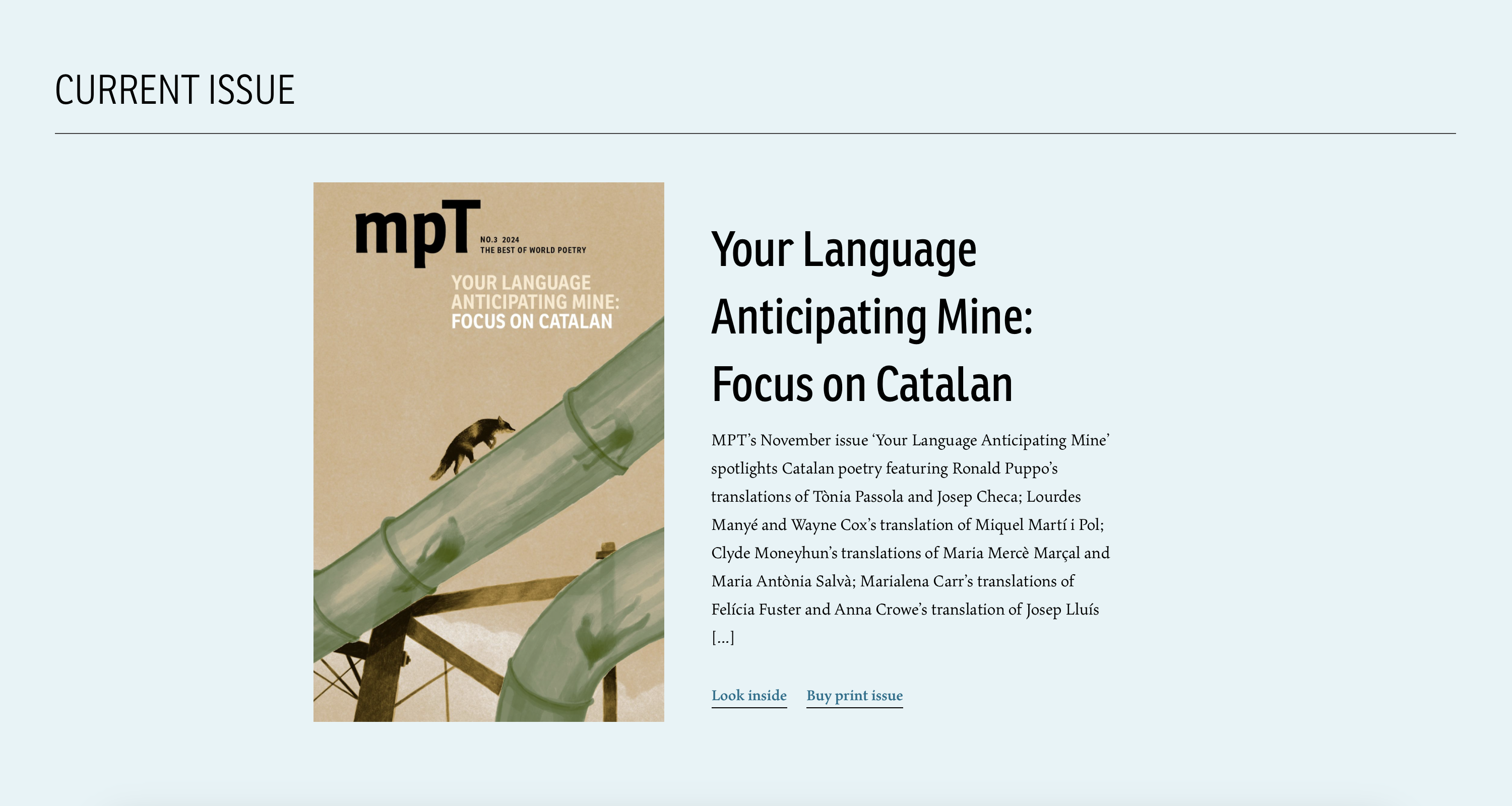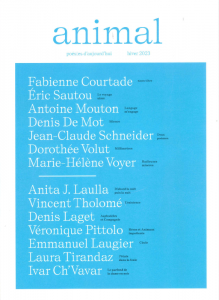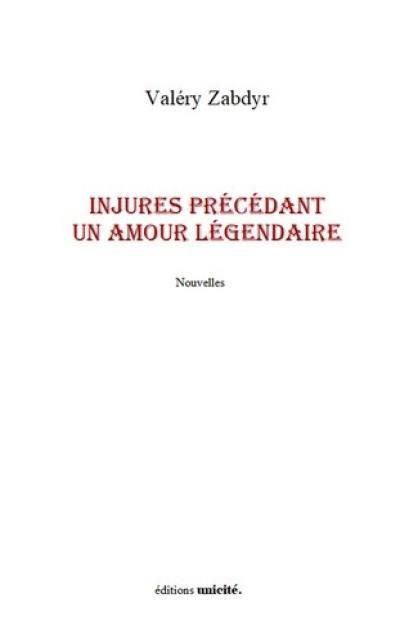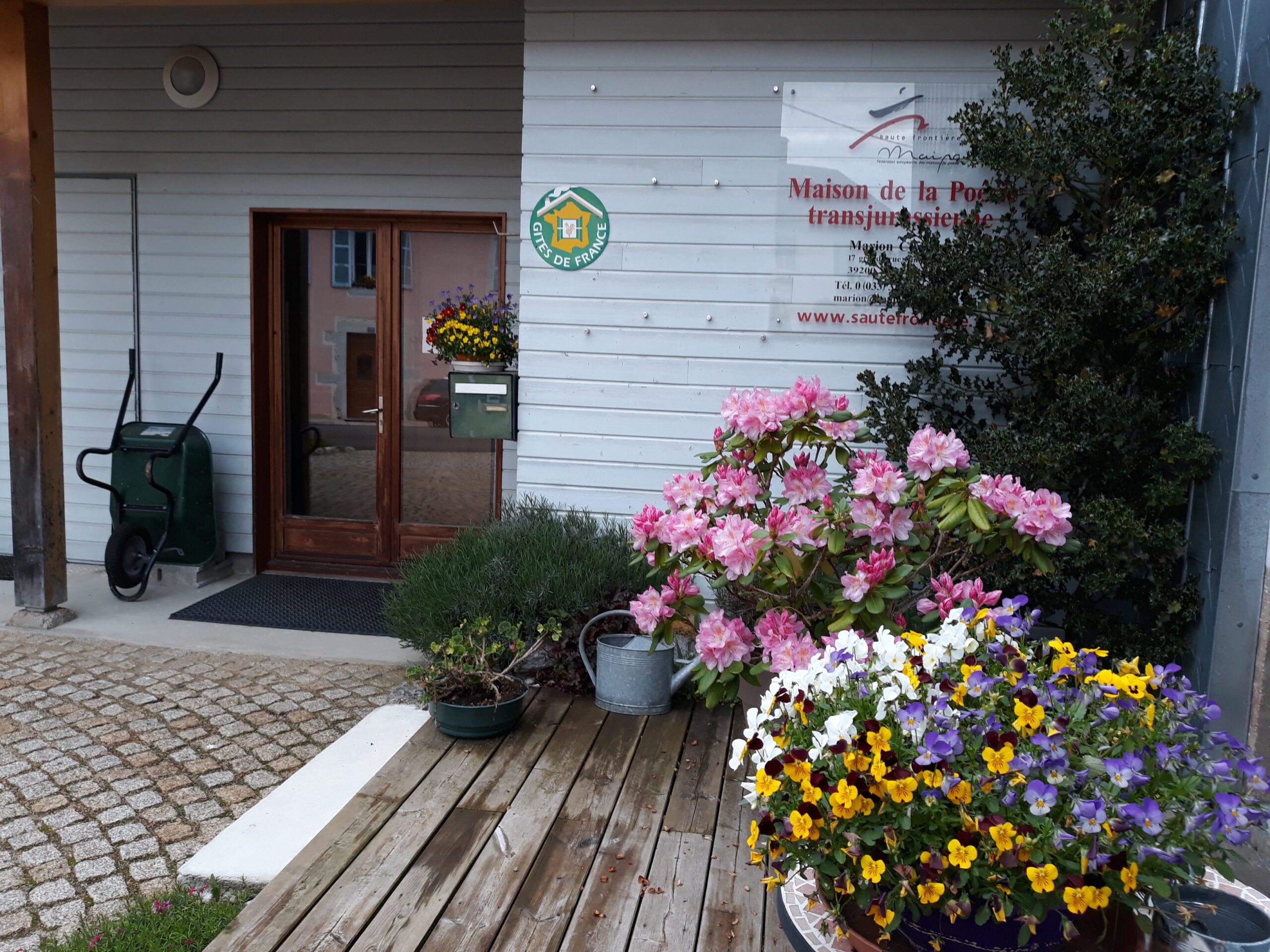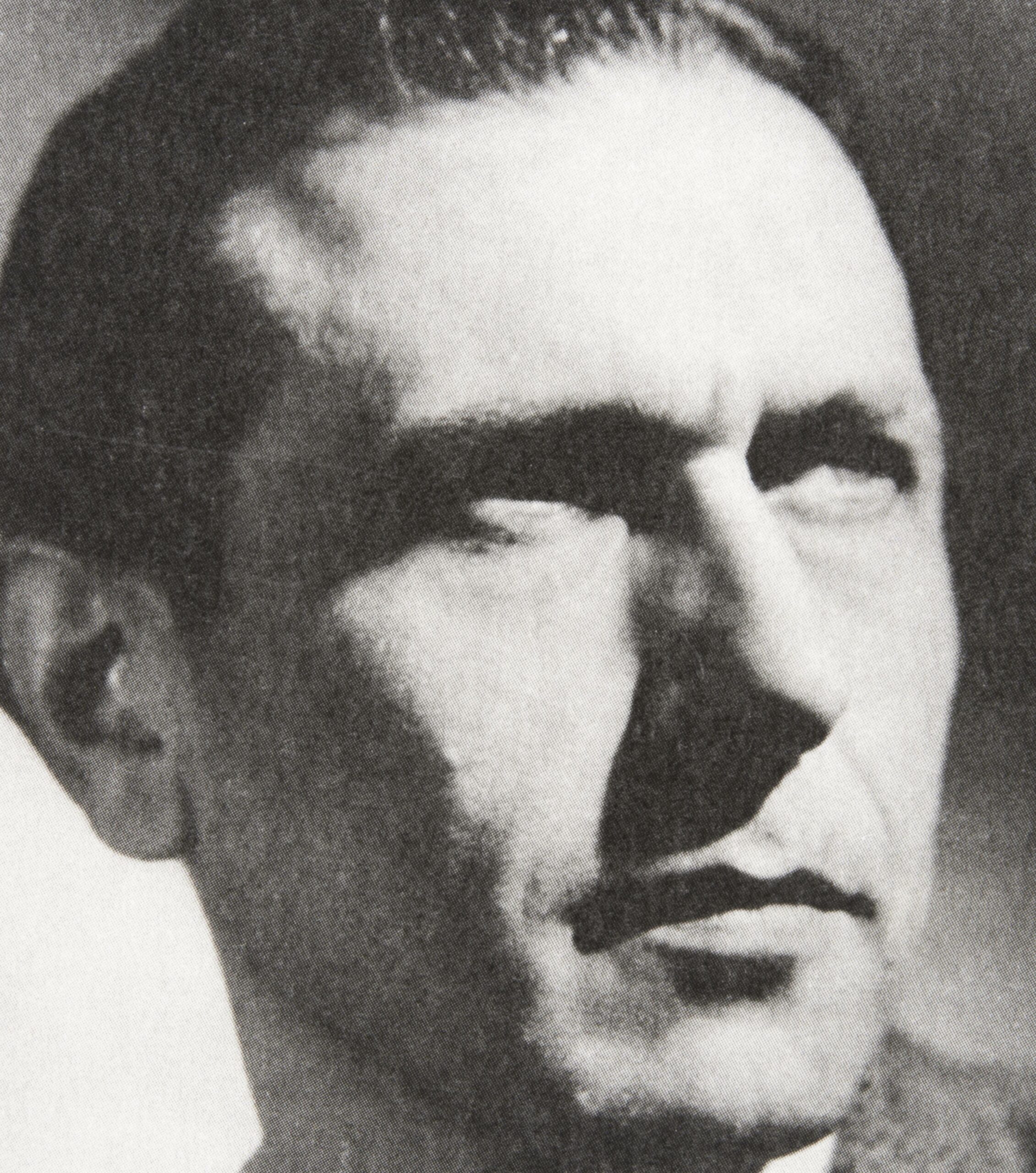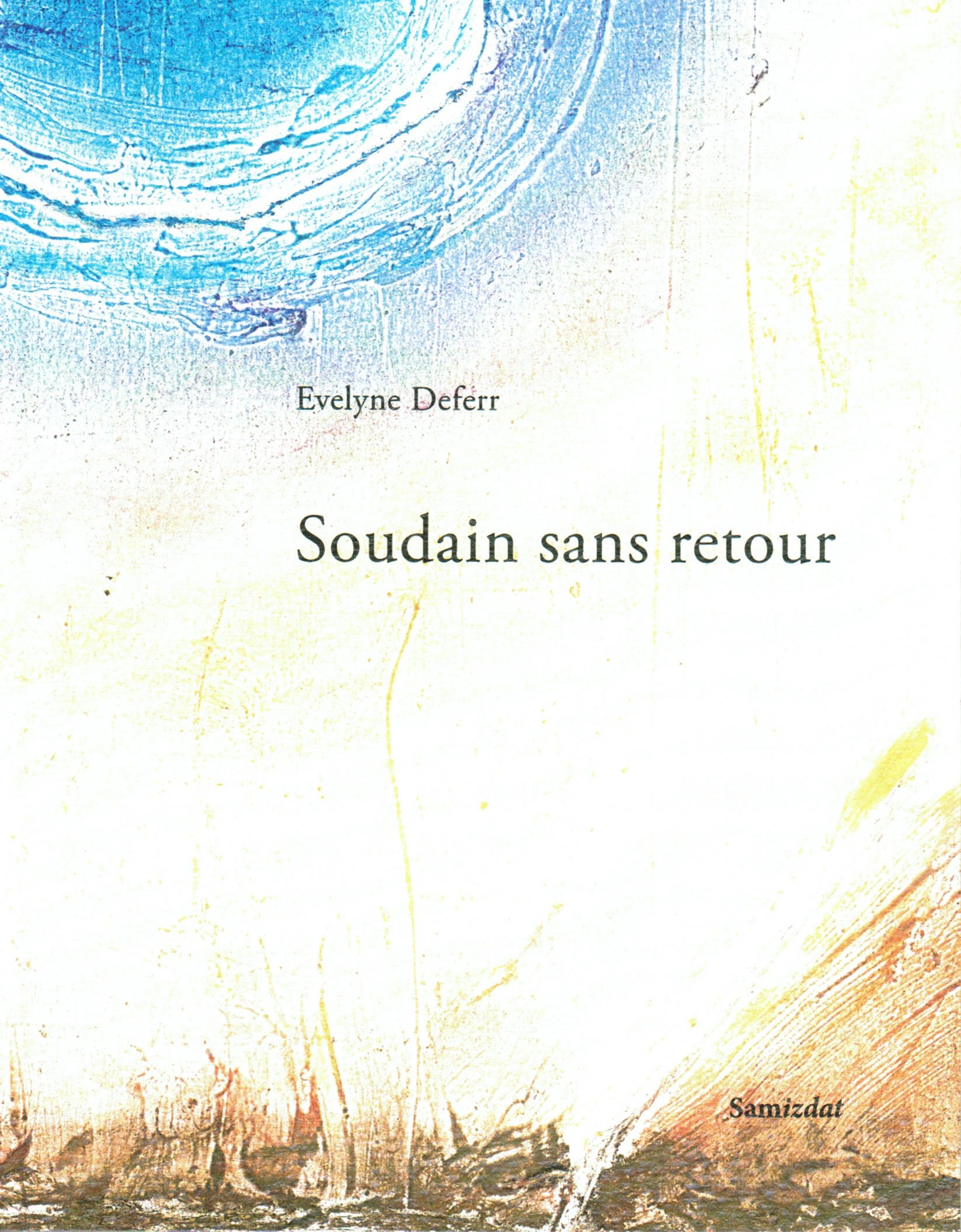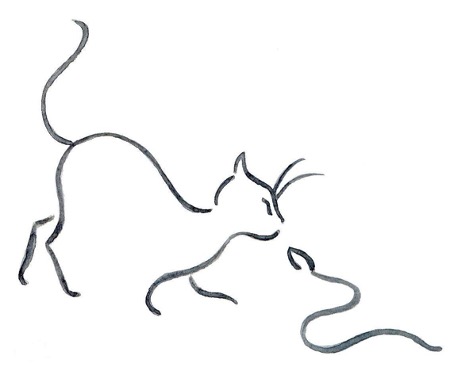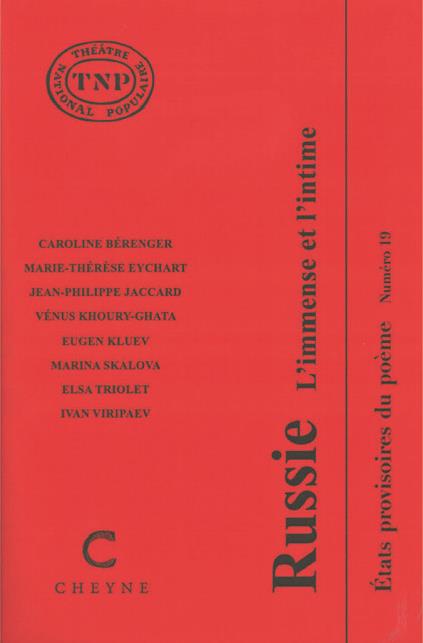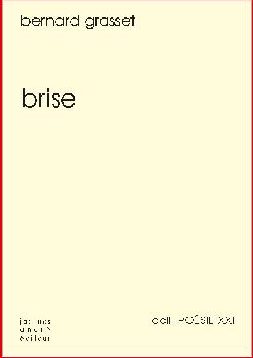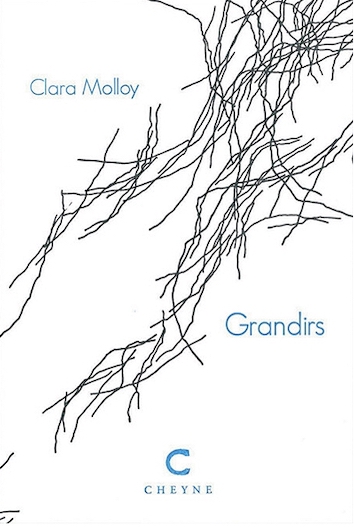Silence where language breathes
- Ask me of it.
In the gap between seeing and saying, in the way that leads from the event to the story of the event, where the event awaits its story not the manifestation of a secret but of their relationship with it, with that which, between them, remains hidden — hidden to them, manifestly hidden to itself, present-
- Ask me of it.
Each word like a used up pain waiting for its happened self to happen
- But language is our superiority over it. Language is its hidden secret.
- Events have no secrets.
(You will never find the limits of language no matter how far you may be able to remain silent.)
- What did you say?
- Ask me of it.
- But I did.
- Ask for nothing. Only ask.
*
Even if it is spoken it will never be spoken enough. Even if you have spoken it, it is not certain that you are aware of it, that you will be capable of repeating it.
You could not question words. It is like a prohibition. Between the word and you something had already been expressed in advance, something that you have to take into account.
Meaning in words is superfluous.
*
His feeling of fulfillment, the feeling of the emptiest disappointment-
She did not know if he was remaining silent or if the words were just gently and obscurely dropping into silence.
*
- So, you did say it. At least once.
- Are we not its hidden secret?
This is the gift of silence: you will never remain silent enough never too silent- a violent gift.
*
The silence that language gathered inside him is destined not at arrive to the accomplishment of silence but rather to let silence remain unaccomplished.
*
Each word becoming slow and solitary incapable of remaining silent for lack of a sound-
- but we have heard it. We know it.
But in hearing it they only reached an ability to remain silent that far exceeded any silence.
(She was the only one who has heard it.)
*
This feeling that she was there with him in a place of ignorance and attention turning towards him, making a sign, taking hold of him in an instant of freedom, violently abandoning him in an instant of freedom-
- You speak too much.
- Yes, I am a traitor.
*
Each word in them becoming slow and solitary- familiar to that which is unknown to them to a knowledge that it is not theirs. It wants to take possession of them-
- but we have spoken it. We know it.
- If we speak it we will no longer know it, we will no longer belong to it. Speak.
*
One says nothing other than that which one says. He is not talking to her. They do not speak.
*
No one converses with no one. There is no real dialogue. Only words waiting for silence to carry them far enough so that they can be remembered and expressed.
- Someone in me converses with-
- There is no real silence. Only words. Only the oblivion of words.
He is not talking to her. He is no longer speaking.
*
This enormous necessity for useless words- Her enormous necessity for useless words-
She realized that he had spoken to her only so that he could respond to the impossibility of himself having spoken.
She realized that he had spoken to her only so that he could respond to the impossibility of himself remaining silent.
- Yes, it is dreadful.
(He does not want her. He never actually spoke to her)
- Exhausting the inexhaustible. Dreadful, yes.
*
- How can we be sure that we are still ourselves?
- We cannot.
*
In order to speak it would not be necessary to speak but rather-
- Speak.
He could. He knew that he owed the ability to remain silent to that assurance. But somehow he felt that speaking, speaking to her, was something that he could not accomplish, something that could never be carried out.
He could have spoken though. But not to her. And this assurance was a kind of proof. He could have spoken because at a certain moment he could not speak.
*
Speaking in a language that speaks nothing-
*
- You did not warn me- Why?
- I had confidence in you.
- But you knew.
- Yes, I knew.
*
Speaking in a language that speaks nothing-
*
- Is it too strong to be heard?
Even if you are not saying it, you will still be saying it.
- Words do that. As soon as one says something one says a little less of it.
- So, we will remain silent.
- Silent, yes, but with no sound.
*
The secret is that he had said it. That he knows it.
The secret is that they are not aware of it anymore. That they belong to it.
- I do not know it. It does not belong to me.
Which means that it was already a part of him, the most uncomfortable part of him- still a dream.
*
Silence is when language is in excess and when language is nevertheless short on language. This overabundant lack of language is the duration of words.
*
Every single of their words is a word entrusted to silence.
*
— But we are speaking now.
— Sometimes language can be remembered in silence.
- And expressed ?
- What do you mean ?
*
Each time he spoke he made language wordless.
Each time she spoke she made language wordless.
*
- But we have said it.
- It was not exactly said. It was spelled out.
*
Language is still there, between them, because at a certain moment they had surrendered themselves to silence.
*
Language consists of placing your faith in that which you do not believe.
Silence consists of placing your faith in that which you do not believe.
*
I speak only in order to respond to the impossibility of myself speaking.
He spoke only in order to respond to the impossibility of himself speaking to her.
*
- I want to tell you everything, she says.
- Everything does not belong to language.
*
That is the gift of silence: you will never be attracted enough, never too attracted to it.
*
- Are we speaking now ?
- Is it really so important ?
- So, we are speaking. So, you are speaking. You are speaking to me. And does silence come quickly?
- Quickly, yes. And it is long.
(I consider Lingua Franca to be a poem. I have composed it as such. As a poem that consists of twenty-nine poems)


